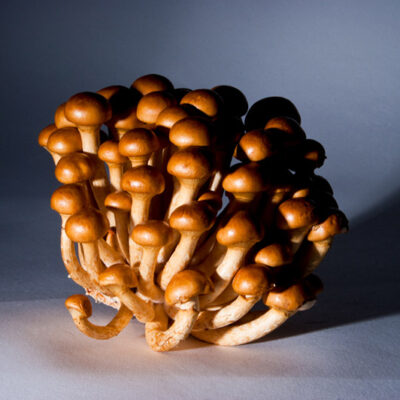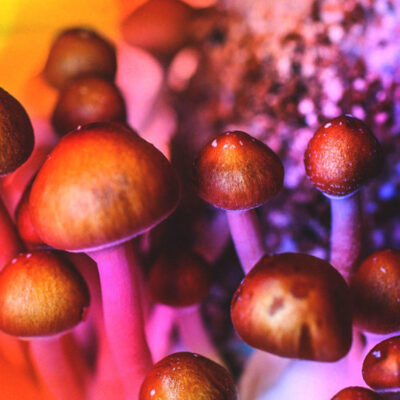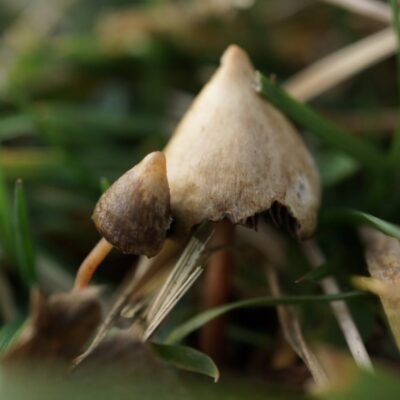A study conducted by biotechnology company specializing on psilocybin based therapeutics and complementary diagnostics for neuroinflammatory disorders Nova Mentis Life Science Corp. (CSE: NOVA) (OTCQB: NMLSF) has confirmed that an oral microdose psilocybin can be used to treat Autism.
This study was conducted in the laboratory of Dr. Viviana Trezza, Rome Tre University, Rome, Italy. Nova Mentis says the results surpassed all the expectations the findings showed that a very low dose of Nova Mentis’ proprietary psilocybin significantly modulated behavioral and cognitive defects including a recognition memory in a genetic model of fragile X syndrome (FXS).
Fragile X syndrome (FXS) is the most common form of inherited intellectual disability and the most frequent monogenic cause of Autism spectrum disorder (ASD). ASD is a complex neuro-development disorder which has no known treatment.
The objective of the study was to evaluate multiple doses of the company’s proprietary psilocybin in a rat model of FXS. The efficacy of psilocybin was tested in FXS using an established genetic model of FXS (1).
The rats were treated with 0.1 mg/kg and 0.3 mg/kg oral psilocybin daily for over 6 treatments in a period of 2 weeks. On the 18 day, the rats were taken through object recognition testing. Both 0.1 and 0.3 mg/kg were effective in reversing the cognitive impairment displayed by the genetic model of FXS, however the 0.1 mg/kg worked best since it didn’t have any apparent side effects.
“I am elated to be able to report to the medical community that at long last we may have opened the door to treatment of ASD, an unmet medical need, that has a devastating impact on the patient, family and society. The rat model that we used mimics key autistic-like features in humans and the study results strongly supports an important role for microdose therapy of FXS. Moreover, this positive response in the rat of every other day oral 0.1 mg/kg psilocybin, equivalent approximately to a 1.5 mg dose in a 70 kg person, may be the treatment of choice to modulate behavioural changes and cognitive defects, and perhaps have a longer term constructive neuroplastic response in the brain without the need for large doses of psychedelic drugs with associated detrimental hallucinogenic side effects,” said the company’s chairman of scientific advisory board, Marvin S. Hausman MD.





